Publications
Articles, publications, books, tools and multimedia features from the U.S. Institute of Peace provide the latest news, analysis, research findings, practitioner guides and reports, all related to the conflict zones and issues that are at the center of the Institute’s work to prevent and reduce violent conflict.
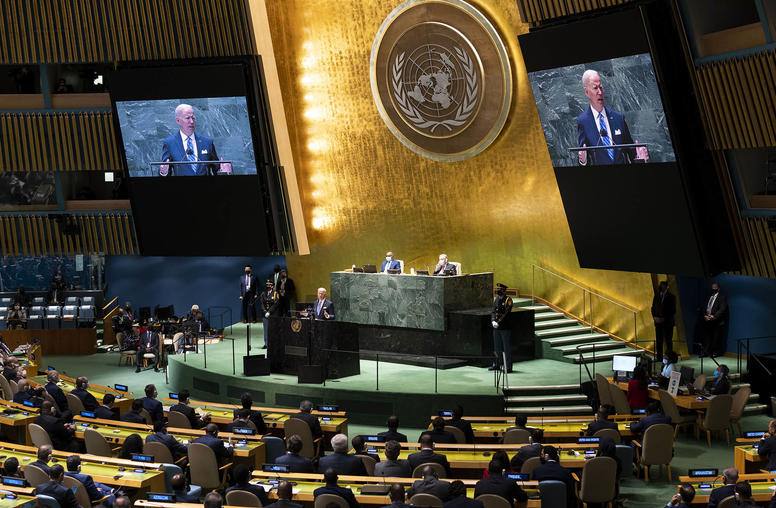
In Competition with China, the U.S. Should Double Down on Multilateralism
Against the backdrop of renewed great power competition and an emerging multipolar world, it is crucial that the United States prioritize its engagement within multilateral institutions, including those in the United Nations system. As China looks to supplant the U.S.-led rules-based order, Washington should foster better relations with developing nations and emerging powers, particularly those in the Global South. Even as the U.S.-China rivalry intensifies, Washington should avoid putting countries in a position where they must make zero-sum choices. How can Washington do this?
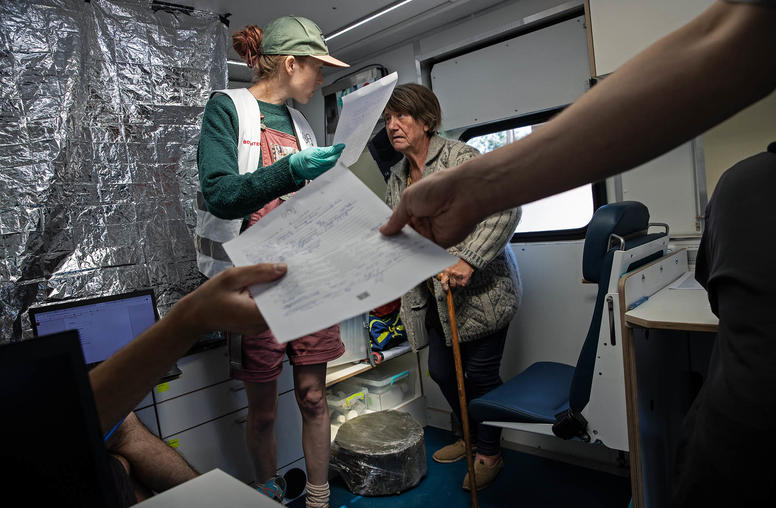
One Vital Change Can Advance Long-Term Peace in Ukraine
While NATO’s recent summit consolidated the transatlantic consensus that a peaceful Europe requires a democratic and inclusive Ukraine, Ukrainians’ heroic struggle for that democracy must overcome old corruptions, plus new traumas inflicted by Vladimir Putin’s war. A pillar of any democracy is civil society — the constellation of citizens’ groups that, more than government, can understand and heal domestic conflicts. So as international partners support Ukraine’s rebuilding from war, we must urgently engage its vibrant civil society — not as a mere adjunct to government efforts, but as a primary designer and engine of the political and cultural changes that peace will require.
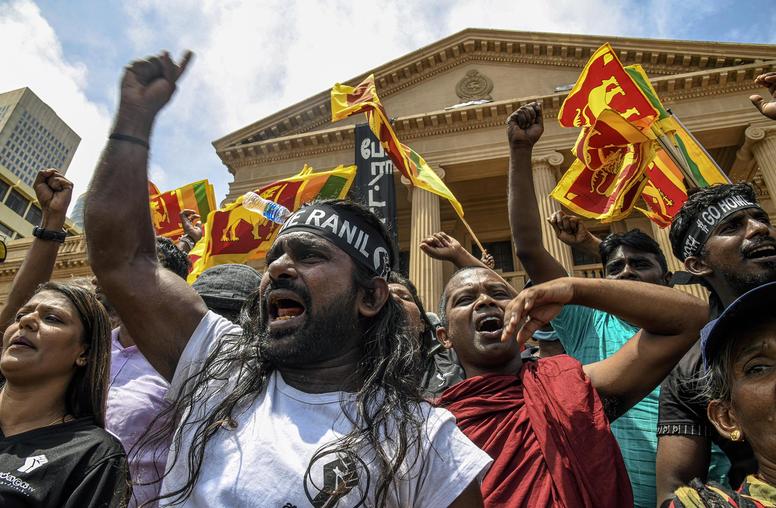
A Year After Mass Protests, Sri Lanka’s Governance Crisis Continues
One year after the Sri Lanka’s massive unrest, known as the Aragalaya protests, the country is still dealing with the aftermath of its most devastating economic crisis since independence, a government without popular support and intensifying geopolitical competition in its neighborhood. The protests, spurred by the economic crisis, led to mass resignations across the government with former President Gotabaya Rajapaksa fleeing the country in July 2022. In the year since, the country has secured an IMF agreement, and its economy has ambled toward a slow path of recovery. However, there have still been concerns on the human rights front as the current government of Ranil Wickremesinghe has clamped down on further protests and continually postponed elections.
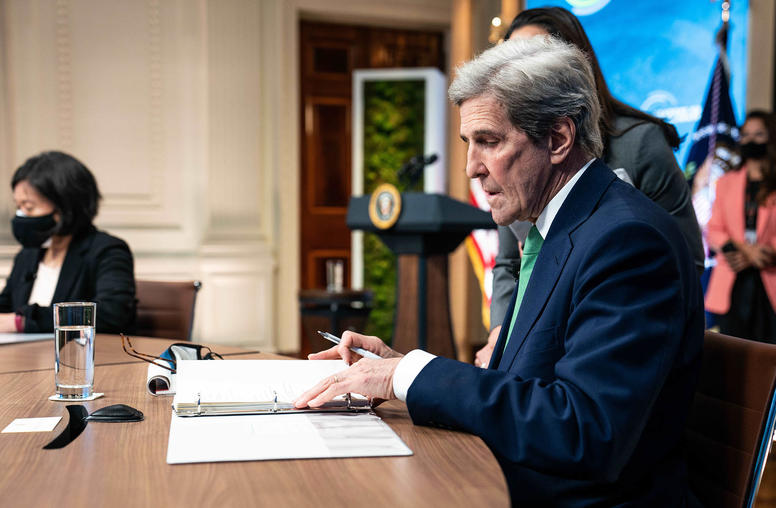
What Does John Kerry’s Visit Mean for U.S.-China Climate Cooperation?
This week, U.S. Special Envoy on Climate Change John Kerry spent four days in China in the hopes of facilitating a thaw in U.S.-China climate cooperation and easing tensions between Washington and Beijing more broadly. While the talks did not yield any major breakthroughs, any progress toward a shared climate agenda cannot be taken for granted after nearly two years of frozen relations. And with Kerry announcing plans for more bilateral talks ahead of the next round of U.N. climate negotiations in November, it appears that climate change may offer a tentative path for rebuilding trust between the two world powers.
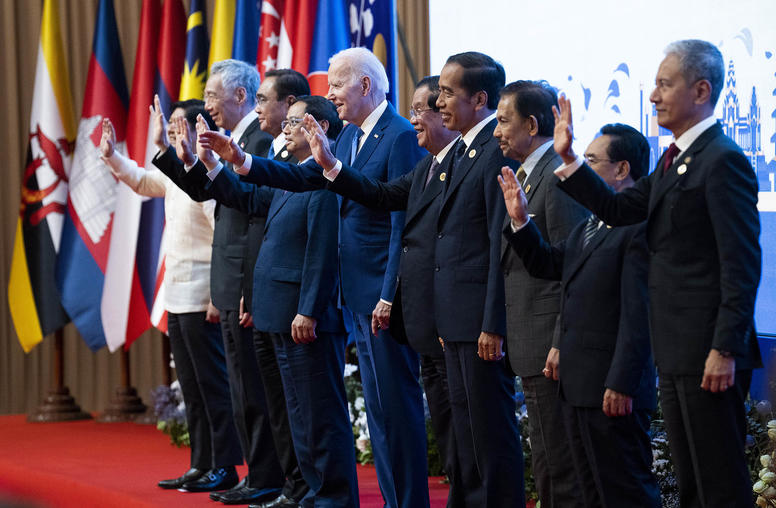
Four Takeaways from the ASEAN Summit
Foreign ministers from the Association of Southeast Asian Nations (ASEAN) gathered last week in Jakarta, with a range of critical challenges to address. Chief among those issues was the crisis in member state Myanmar, which the bloc is divided on how to approach. China’s aggressive activities in the South China Sea were also a key topic at the summit, with Beijing and ASEAN pledging to reach an agreement on a long-stalled non-binding code of conduct.
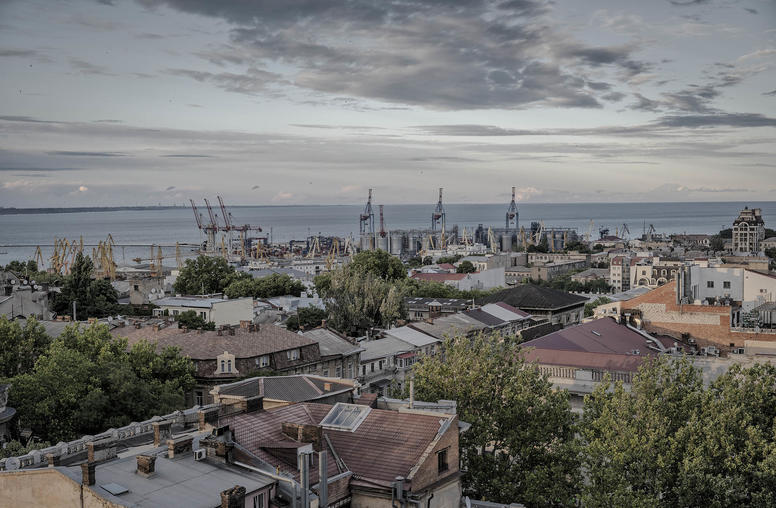
Russia Expands Its War on Ukraine — to Global Food Supplies
Russia’s Vladimir Putin has again made his invasion of Ukraine an effective war on global food supplies. Having scuttled the year-old deal to allow grain exports via the Black Sea, Putin is attacking Ukraine’s ports to cripple the ability of a major food grower to supply world markets. These actions immediately increased grain prices, holding the world’s poorest people hostage to Moscow’s demands. Putin’s new belligerence is likely to damage his efforts to build political support from China and the Global South. The United States should lead efforts to hold Russia accountable for any new hunger crises from these acts, and to press Putin to reverse this course.
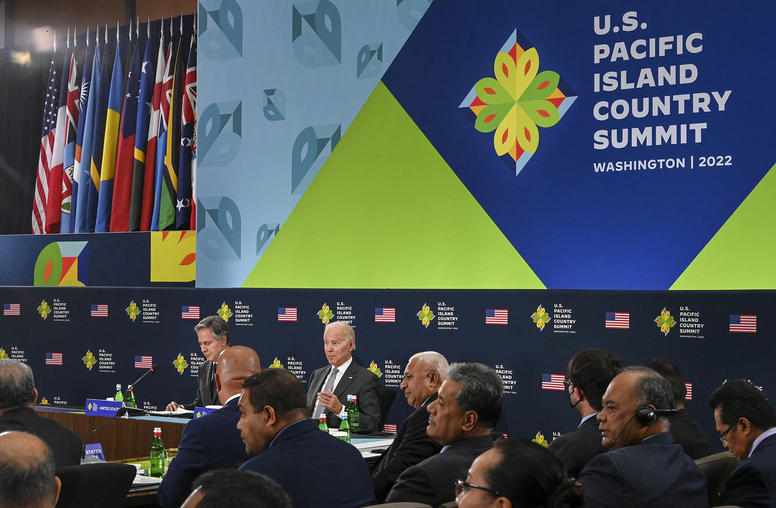
Washington Picks Up the Pace in the Pacific
Senior Biden administration officials are back in the Pacific Islands region this week. Once a seemingly far-flung corner of the globe, the United States has in recent years prioritized engagement to counter China’s foothold in a region Washington long neglected. Secretary of Defense Lloyd Austin is the first U.S. defense chief to visit Papua New Guinea, where Secretary of State Antony Blinken went in late May and signed a bilateral defense cooperation deal. Meanwhile, Blinken is Tonga this week to open a new U.S. embassy in the island nation. The top U.S. diplomat will also visit New Zealand before heading to Australia where he will be joined by Austin for the annual Australia-U.S. Ministerial Consultations.
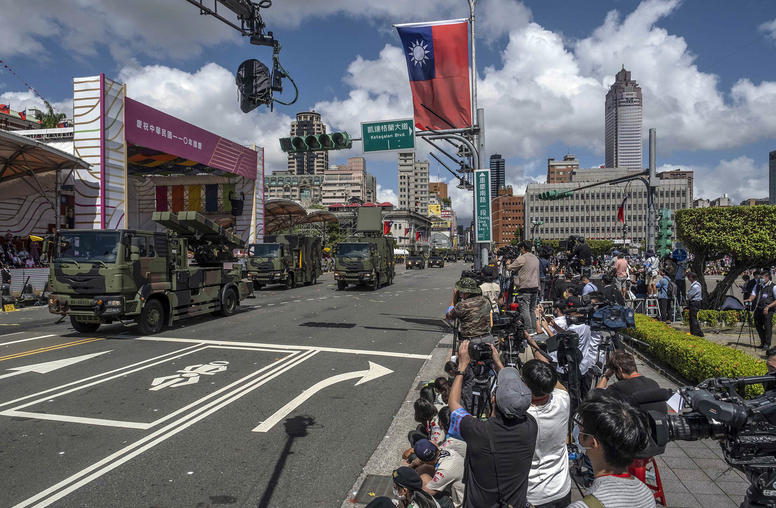
How to Break the Impasse in U.S.-China Crisis Communication
Despite the clear (and arguably growing) possibility of a future Sino-American crisis or even conflict over Taiwan or some other contentious issue and the fact that senior American and Chinese leaders have at times endorsed the need for more effective crisis avoidance interactions, little of real substance has actually been done to address the danger. Indeed, military-to-military talks have been on pause since Beijing suspended them in August 2022 after then-speaker Nancy Pelosi’s trip to Taiwan. As U.S.-China competition continues to intensify, it is critical that Washington and Beijing break this impasse by devising fresh approaches to avoid conflict altogether.
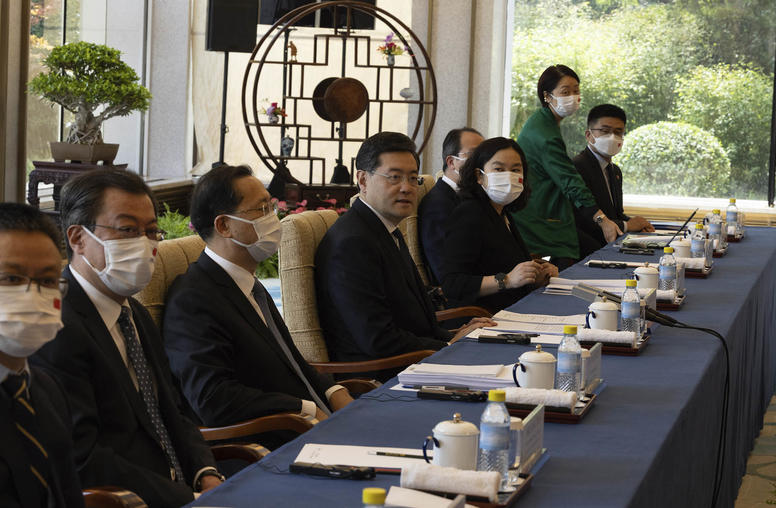
What Does Qin Gang’s Removal Mean for China’s Foreign Policy?
Speculation has run rampant the last month over the whereabouts of China’s foreign minister, Qin Gang. Rumors ranged from the salacious (he had an affair) to the mundane, while the official line states that he is dealing with health problems. On Tuesday, China officially replaced Qin with his predecessor, Wang Yi, who leads the Chinese Communist Party’s (CCP) foreign policy apparatus. Qin’s removal from office, and the erasure of references to him and his activities on official Chinese government websites, have only furthered interest into what happened. Beyond the political intrigue, the more substantive question is what this means for China’s diplomacy.
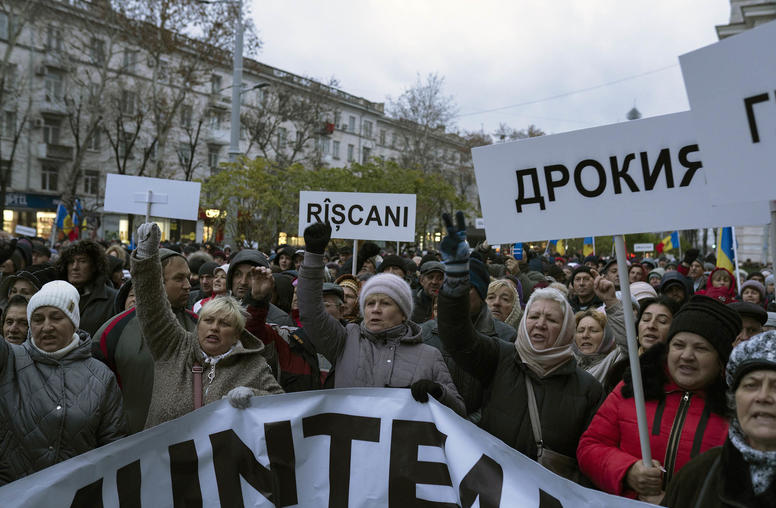
At Ukraine’s Edge, Russia Presses Hybrid War on Tiny Moldova
At a sensitive edge of Russia’s war on Ukraine, Moscow is sustaining a campaign to regain control in Moldova, the small, ex-Soviet republic landlocked between Ukraine and Romania. Russia has maneuvered for years to scuttle Moldovans’ aims to join the European Union, crimping their economy and controlling easternmost Moldova with Russian troops and proxies. A Kremlin-backed party won a Moldovan regional election in May and Moscow will aim to defeat Moldova’s pro-European national government in elections by 2025. The United States and its partners should urgently unify efforts to help Moldovans sustain their independence and stability.